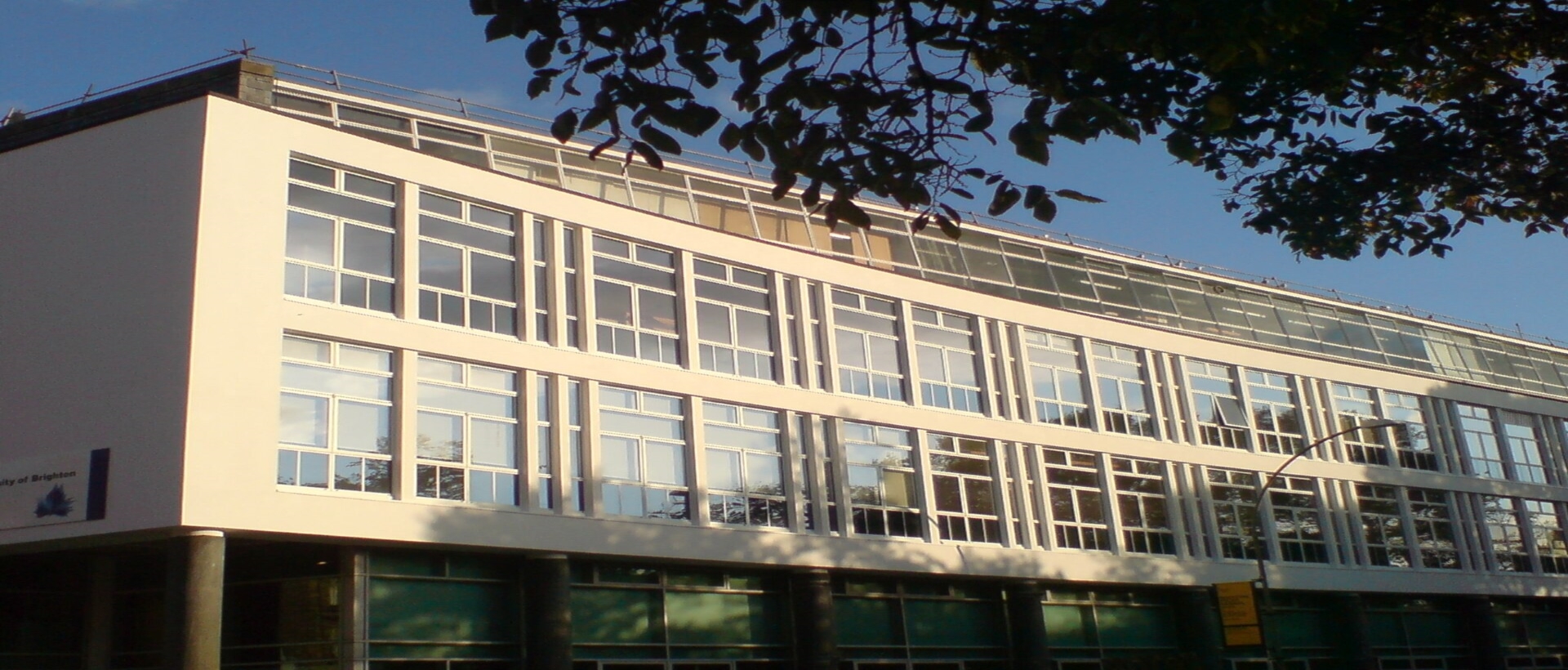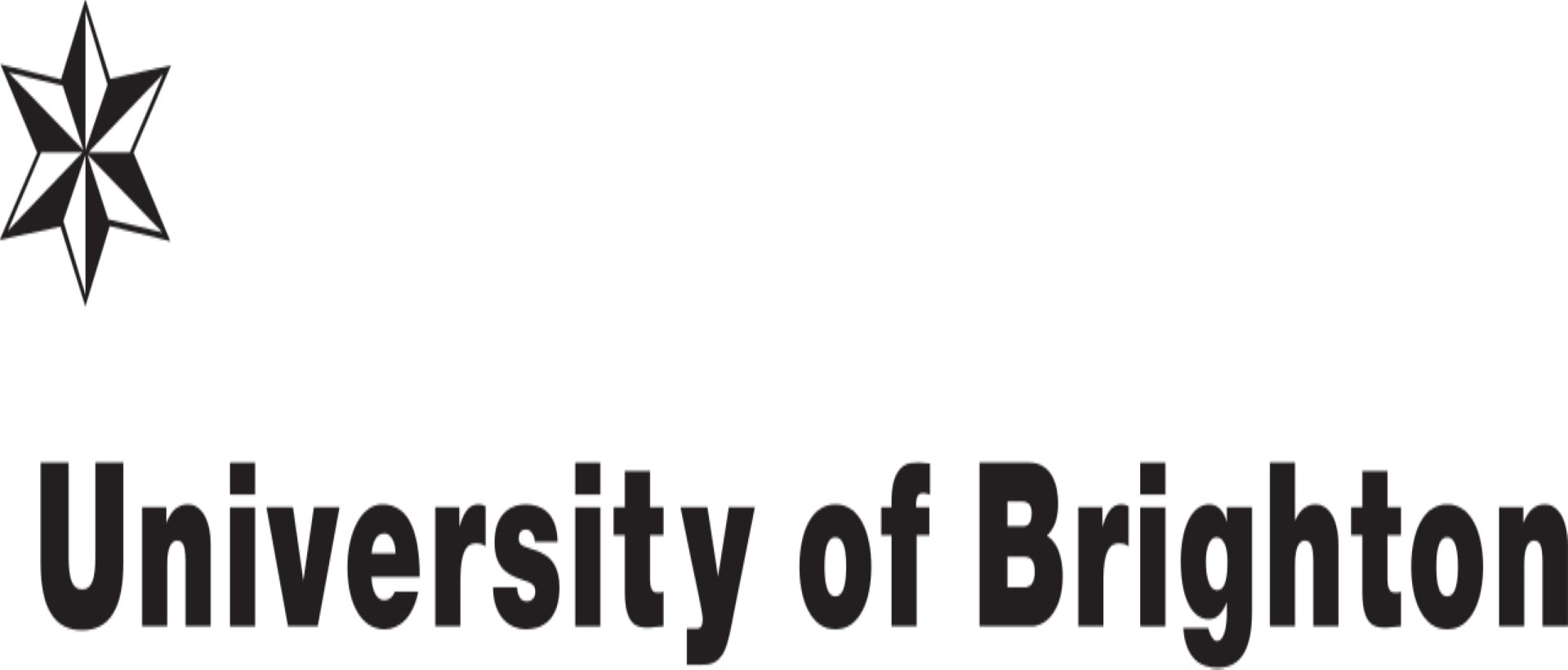
About
The University of Brighton is a public university on England's southern coast that was established in 1858. It is spread across four campuses in Brighton and Eastbourne, with three in Brighton and one in Eastbourne. The City Campus is the University's main campus, and it houses the Schools of arts and humanities. It also includes specialized facilities, studio rooms, and world-renowned design archives, creating an exciting atmosphere conducive to innovation.
The Moulsecoomb Campus is the largest of all the campuses. It houses the Schools of architecture, construction, industry, computing, engineering, geography, law, life sciences, mathematics, media, product design, pharmacy, tourism, and events. Students also have access to professional-grade facilities and excellent transportation options both inside and outside of Brighton.
Nurses, teachers, linguists, and social scientists are all based at the Falmer Campus. It also has great sports facilities, cutting-edge psychology laboratories, and good rail and bus links.
The Eastbourne Campus houses a swimming pool, artificial pitch, studios, and newsroom, as well as courses in hospitality, journalism, physical education, physiotherapy, and sport science.
Education, Anatomy and Physiology, Physiotherapy, Building, Sports Science, Librarianship and Information Management, Hospitality, Event Management, Tourism, Architecture, Art, Fashion Textiles, and Chemistry are among the University’s strongest fields.
Why Study At The University of Brighton
- Brighton provides career-focused courses that provide not only knowledge and skills, but also opportunities for students to gain experience and prepare them for life after graduation.
- A significant percentage of the courses have professional accreditation. This is intended to ensure that students meet the demands of prospective employers. They also have collaborations with major corporations such as Rolls-Royce, British Airways, American Express, and Nike.
- Industry professionals who carry their professional expertise into the classroom, resulting in a teaching and learning atmosphere that encourages and allows students to excel in their chosen fields, teach students.
- Its research is renowned for its innovative thinking, interdisciplinary collaborations, and strategic alliances with companies aimed at addressing global issues, realistic problems, and improving people's lives and the environment.
- Brighton is a fun and diverse place to live and study in the United Kingdom. This multi-cultural culture is home to people of different races, nationalities, and religions. Festivals, galleries, museums, street art, nightlife, and a wide selection of shops, cafes, and entertainment venues abound in the city.
Employment and Career Opportunities
Career Opportunities:
All of Brighton's students have the opportunity to develop their employability when they are learning. The Career Team will provide feedback and opportunities to enhance one's employability through different placements, volunteering, internships, part-time work, study exchanges, or graduate schemes. Students may also receive assistance with creating business ideas, as well as career planning, CV, and interview preparation. Besides, the team also hosts career fairs and seminars to encourage students to meet potential employers.
Success Rate:
The graduate outcomes for the University of Brighton show that six months after leaving university, 91.6% of graduates are in work or further study.
Notable Alumni:
Brighton prides itself in its alumni, who have gone on to pursue a wide range of professions and significant endeavors. They include:
- Dato Ir. Abdul Rahim Abu Bakar (Former Vice-President of Petronas Petrochemical Business, Malaysia)
- Ragheb Aga (International Cricketer)
- Oliver Barry (BAFTA-winning-film maker)
- Matthew Ashton (Creative Director for LEGO in Denmark)
- Dr. Gary Brickley (British Paralympic cycling team coach and Alumnus Award winner 2015)
- Simon Kernick (Sunday Times number one bestselling author)
- Peepshow Collective ((Miles Donovan, Chrissie Macdonald, Pete Mellor, Andrew Rae, Lucy Vigrass and Spencer Wilson) Emmy award-winning group of visual artists)
Services and Facilities offered
Student Service:
The Student Support and Guidance Tutors (SSGTs) at Brighton are a great resource for advice and support on university-related issues. They can help with homesickness/loneliness, problems with accommodations, learning challenges, stress-related issues, application and procedure issues, and bullying and harassment. They also provide self-help programs for students who are nervous, anxious, or depressed, such as Together all.
Accommodation:
There are several private lodging options in Brighton and Eastbourne. Students may live in university residence halls, with a local family, couple, or single person, or rent a private home varying in size from small apartments to large houses with several bedrooms. Students may also use online portals like Studenthomes, Facebook house groups, and professional organizations like the Association of Residential Letting Agents (ARLA) or the National Approved Lettings Scheme to find accommodation (NALS).
Medical Facilities:
Students can choose to register at a medical center in Eastbourne or Brighton or with a local doctor or dentist to gain access to health services and vaccinations. Support and advice on a variety of medical problems, such as mental wellbeing, disability, and dyslexia, as well as vaccines for meningitis, measles, mumps, and MMR, are available at Brighton. Students are also given guidance on how to live a healthier lifestyle through a number of sports and activities, as well as encouragement for healthy eating, alcohol and substance use, and positive sexual conduct.
Sports Facilities:
While the Falmer and Moulsecoomb campuses in Brighton have gyms, an artificial pitch, a swimming pool, a climbing wall, a dance studio, and access to a Health and Racquets Club, Eastbourne also has a variety of gyms, an artificial pitch, a swimming pool, a climbing wall, fitness suites and a sports hall the size of six badminton courts.
Library Services:
Aldrich, Falmer, Queenwood and St. Peter's House Library are the University's four libraries. Each library has a large collection of books, journals, e-resources, dissertations, teaching and research materials, as well as personal learning materials. Students can also access print books, e-resources, DVDs, and print and online journals through the university’s Online Library.
Social Clubs:
Brighton has over 100 societies and 60 sports clubs, allowing students to have fun while learning new skills. Academic, cultural, faith and spirituality, games, lifestyle, sports, and skill-based societies/clubs are only a few of the student clubs available at Brighton.



